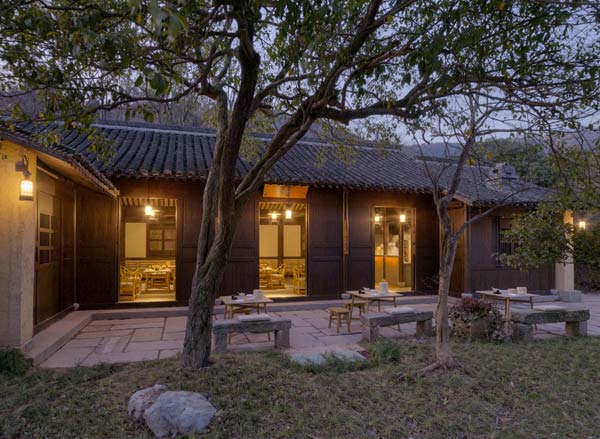 |
|
Steam house eatery |
A walking tour from the area's Nine Creeks to Longjing Village, or ground zero of the local green tea-growing industry, is highly recommended - if only to hear the talking birds at a local farmer's house comment on your figure in pitch perfect English.
Hangzhou, an affluent city in East China, used to stand as a bottleneck for trade along the old silk and tea trading routes. Marco Polo allegedly once described it as "the noblest (city) in the world".
President Xi Jinping is now in the process of resurrecting these ancient routes from South China to Europe via Southeast Asia and East Africa as part of his twin "Belt and Road" initiatives.
When China Daily met Ms Pang, the second cut of the season had just gone to market. Suppliers can sell the first grade for 3,000 yuan (485) per kilogram. That was harvested in March, before China celebrated qingmingjie, its Tomb-Sweeping Festival, on April 5.
The latest batch is worth between half and two-thirds as much, she said after hanging up on Singapore Airlines. Asia's top carrier apparently wanted to sign her up as a supplier but couldn't agree on a price. Ms Pang wouldn't budge. Maybe the discussion left a sour taste in her mouth. Maybe it just wasn't her cup of tea.
The biggest surprise was how well Longjing tea pairs with local dishes.
Don't leave without trying West Lake fish in sweet black sauce, mud-baked Beggar's Chicken, or West Lake shrimp cooked in Longjing tea leaves. A combination of the last two at Meijiawu Tea Village was the most satisfying: a whole chicken roasted in the faintly aromatic, bittersweet tea.
Modern life is fast-infringing on the heart of China's green tea industry, as the women belly dancers on the steppes of Meijiawu, and the Buddhist monks carrying takeaway Starbucks cups near Yongfu Temple, which is famous nationwide, attested.
|
|
|
|
|
|
|
|
